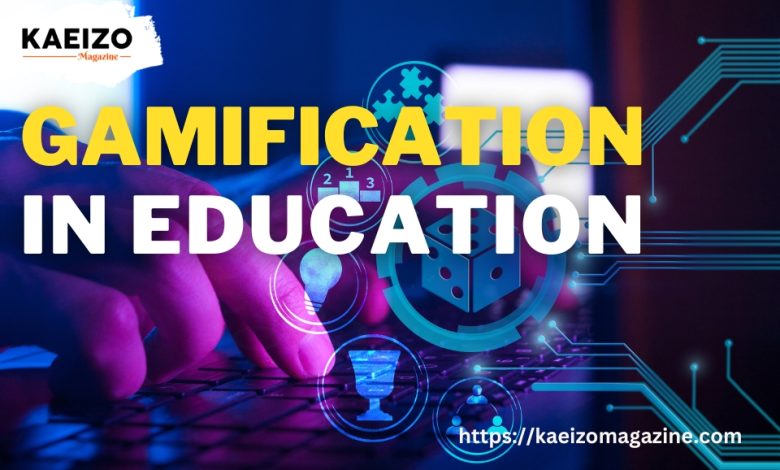
Gamification in education helps to improve the engagement of the students while fostering a customized learning experience by integrating mechanics and game elements into the process of learning. On most occasions, Gamified education platforms offer interactive challenges, activities, and quizzes to involve the students actively, and motivate them to learn as well. In this post, we have mentioned the benefits of gamification in education.
1. Helps in cognitive development in teenagers
Making use of gamification to help in cognitive development will enable the activity of some areas of the brain will allow for satisfactory development. Brain games happen to be those games that are produced particularly to enhance cognitive development. Brain games have the ability to enhance the rate at which information is processed and maintained by the brain. These types of games have become quite well-known at present and are based on different questions and problems that have to be solved or answered by the user.
2. Enhanced retention of knowledge
The ability of the students to retain knowledge improves significantly once they are actively engaged in the learning process. The techniques of gamification like instant feedback and spaced repetition aid in reinforcing the concepts of learning and encouraging long-term retention of memory. Gamified education helps to create memorable experiences solidifying the understanding of the students when it comes to complicated topics by offering an interactive and enjoyable environment.
3. Personalized learning
Gamification in education enables personalized learning facilities by adapting the content, as well as difficulty level depending on the performance and progress of the individual students. It is a fact that every student comes with his own unique preferences and learning requirements. It is possible for gamified platforms to identify areas of enhancement while providing targeted interventions to fix some particular learning gaps by means of data-driven insights and analytics. This kind of customized approach will be able to foster a sense of ownership and autonomy over the process of learning.
4. Increases engagement levels in classrooms
A particular study was performed by the scientists to measure the engagement levels of the students while using gamification in the classroom. A point system was assigned by the researchers to different types of day-to-day class activities. The students were then measured according to their engagement levels. It was found by the researchers that the game-like environment in the classroom was favorable and it also increased efficiency.
5. Real-world problem-solving expertise
It’ll be possible for the students to develop skills in real-world problem-solving with the help of gamification in education. Lots of gamified learning experiences offer situations and challenges that need critical thinking, analytical skills, and decision-making to overcome. Students will be able to gain decision-making and problem-solving abilities that can be transferred to real-life situations by applying their understanding in a particular context.




